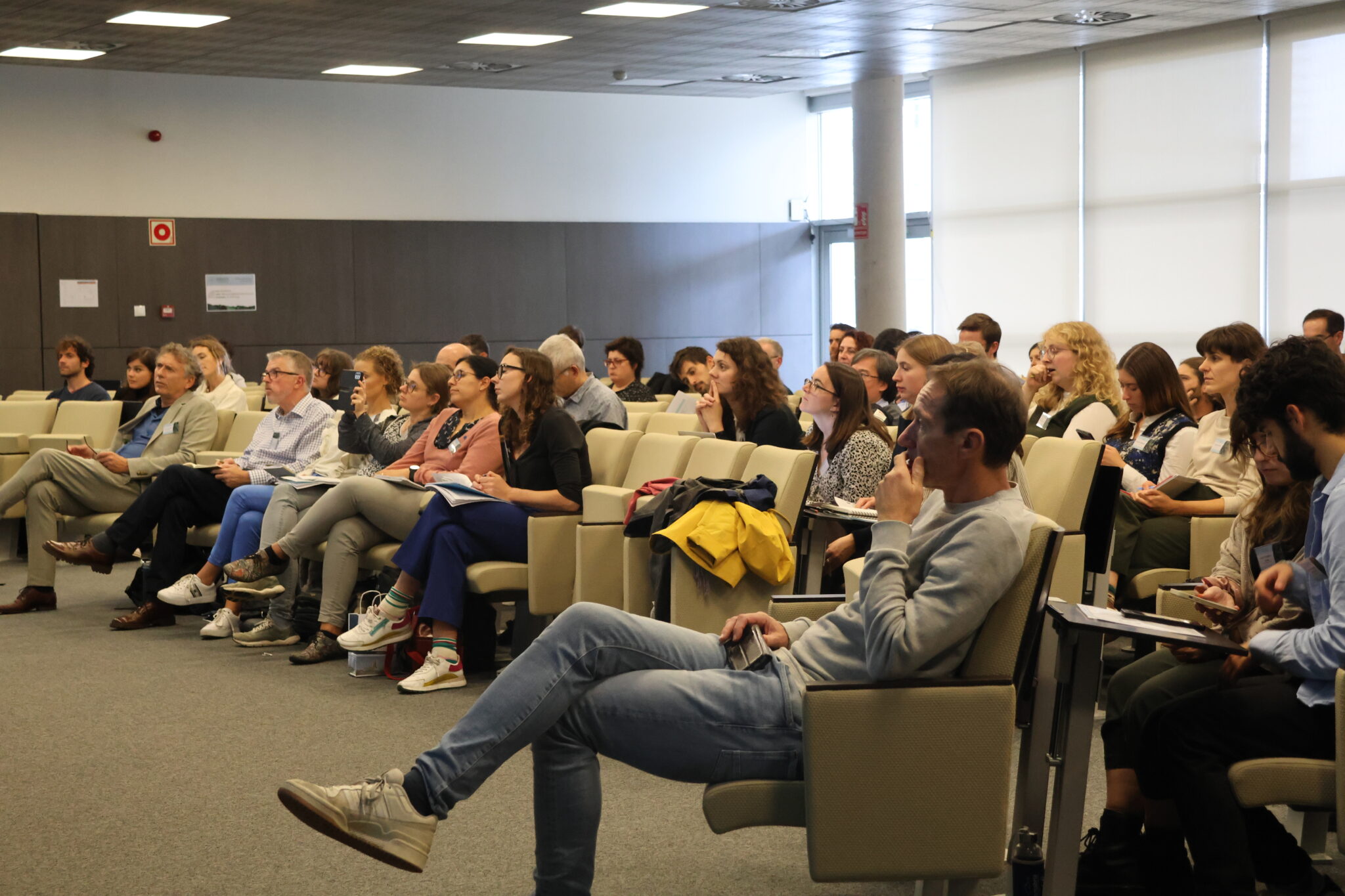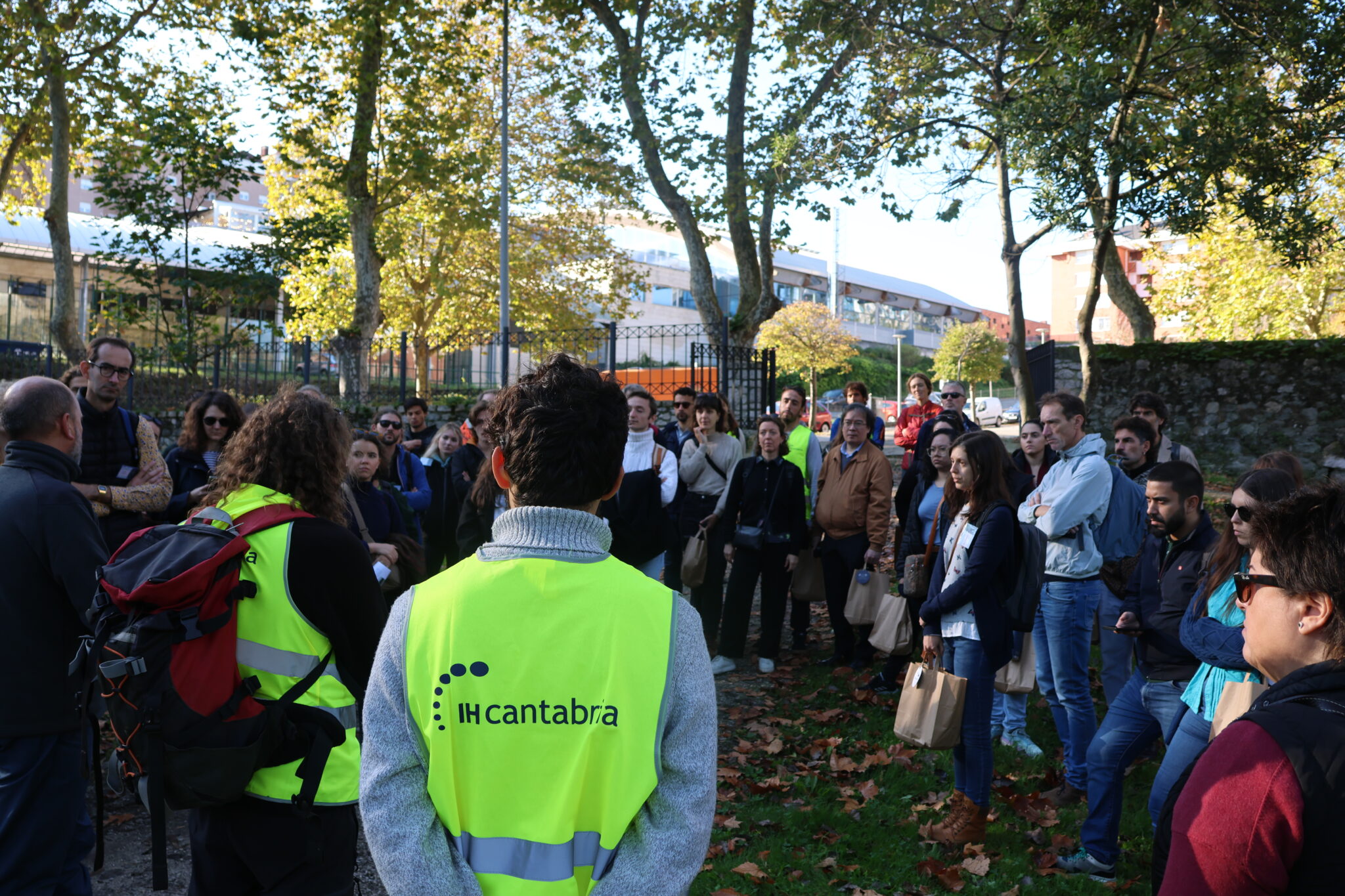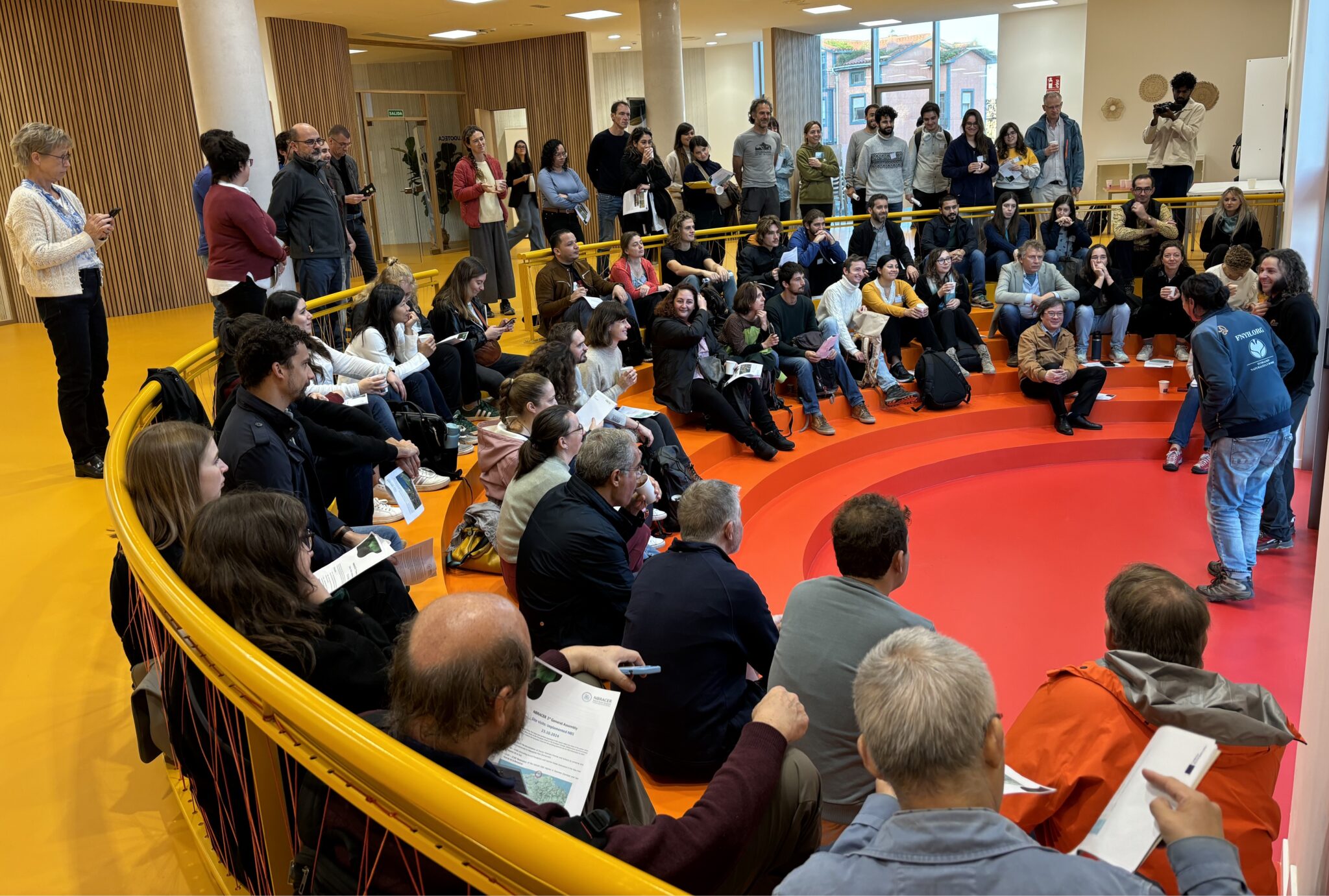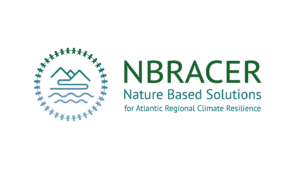IHCantabria hosts the 3rd General Assembly of the NBRACER project
This project promotes the use of nature-based solutions (NBS) for regional climate resilience in the Atlantic. The 3rd General Assembly was attended by over 70 representatives from entities in Belgium, Denmark, Spain, France, Italy, the Netherlands, and Portugal
This week, from October 22 to 24, the Environmental Hydraulics Institute of Cantabria (IHCantabria) hosted the 3rd General Assembly of the NBRACER project, which is funded by the European Commission through the Horizon Europe program.
“This event marked a year of progress for this project’s evolution, bringing together regional coordinators, work package leaders, and consortium partners for a comprehensive exploration of the project’s progress, vision, and future”, said Mindert de Vries, the general coordinator of this European project. Over 70 participants attended the General Assembly, representing the 30 entities forming the project’s consortium, from Belgium, Denmark, Spain, France, Italy, the Netherlands, and Portugal.
NBRACER, which stands for “Nature-Based Solutions for Atlantic Regional Climate Resilience”, aims to promote climate adaptation through Nature-Based Solutions (NBS). The project operates in eight regions of the Atlantic Arc, including five demonstrator regions (Porto, Cantabria, Central Denmark, Nouvelle-Aquitaine, and West Flanders) and three replicator regions (Cávado, East Flanders, and Friesland). These regions encompass marine, coastal, urban, and rural environments. Cantabria is the only Spanish region represented in this project, with the participation of the Environmental Hydraulics Institute of Cantabria Foundation (FIHAC)/IHCantabria, the Universidad de Cantabria, the Red Cambera Association, and the Santander City Council.
During the 3rd General Assembly, the progress of the first year of work was presented, focusing on the collection of information about the NBS implemented in the participating regions, as well as the methodology and tools developed so far. The second day featured a working session with local stakeholders, where actions already carried out in the region were presented. Participants also visited areas in Cantabria where different NBS have been implemented, such as the Oyambre estuary, the Saja River floodplain, and selected urban areas of Santander. The third day included workshops aimed at improving collaboration between European regions, along with a roundtable discussion featuring experts who addressed how to scale the project’s impact. “Over these three days, we will come together to review our progress, share ideas, and chart the course for the upcoming years, putting the regions central in our approach, focusing on demonstrating NBS. This effort will not only strengthen our existing partnerships but also help us build new connections essential for successful implementation and upscaling of NBS”, added Mindert de Vries.
Implementing Nature-based Solutions
Climate change is affecting health, economies, and the environment, while the degradation of natural capital increases the vulnerability of infrastructure. Faced with this challenge, “the NBRACER project promotes the use of NBS as a key tool to address the effects of climate change with an innovative approach, aiming to accelerate the transformation towards more climate-resilient regions in the European Atlantic Arc,” explained José Barquín Ortiz, head of the Continental Ecosystems Group at IHCantabria and coordinator of the NBRACER project in the Cantabria region.
NBS plays a crucial role in adapting to climate risks. In NBRACER, “adaptation will rely on the smart combination of NBS rooted in the resources provided by different landscape features (coastal, urban, rural) and integrated into a transformative action approach that mobilizes and enables regions and communities to accelerate their climate change adaptation,” added María Recio, a researcher at IHCantabria.
The NBRACER project is coordinated by the Dutch foundation Deltares and, at the national level, by IHCantabria, with a four-year timeline beginning in October 2023. The project fosters synergies between professionals from different disciplines, creating sustainable and innovative solutions. It also develops knowledge-sharing networks that allow communities to design and validate adaptation pathways specific to their territories. “The 3rd General Assembly has served as a platform to promote open dialogue, collaboration, and strategic planning, guiding our next steps towards achieving future project milestones,” concluded Mindert de Vries.
For more information about the NBRACER project, visit the following links:



Photos of the celebration of the 3rd General Assembly of the NBRACER project at IHCantabria’s facilities and of the field visits to some areas where different nature-based solutions have been implemented in Cantabria / Photos by courtesy of Dulan Rupasinghe

This project is executed with the contribution of:




